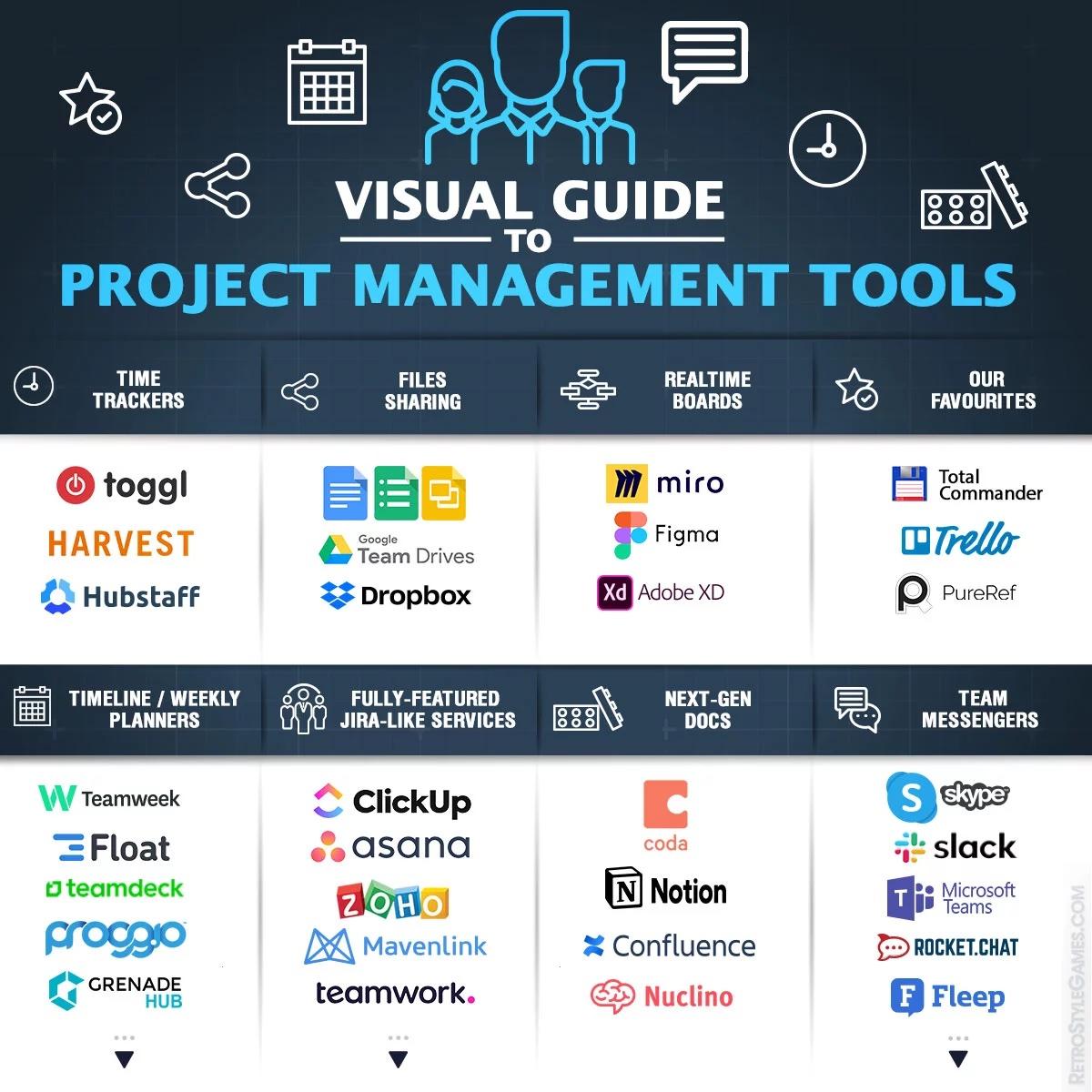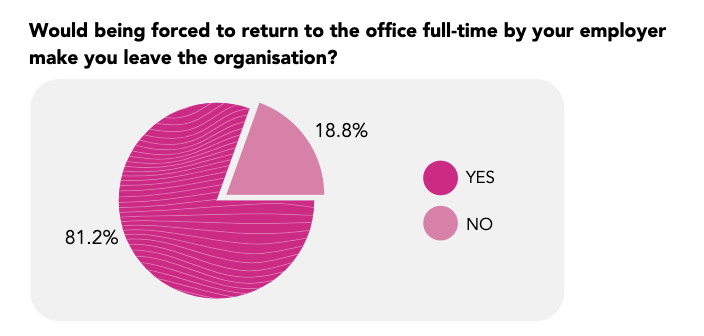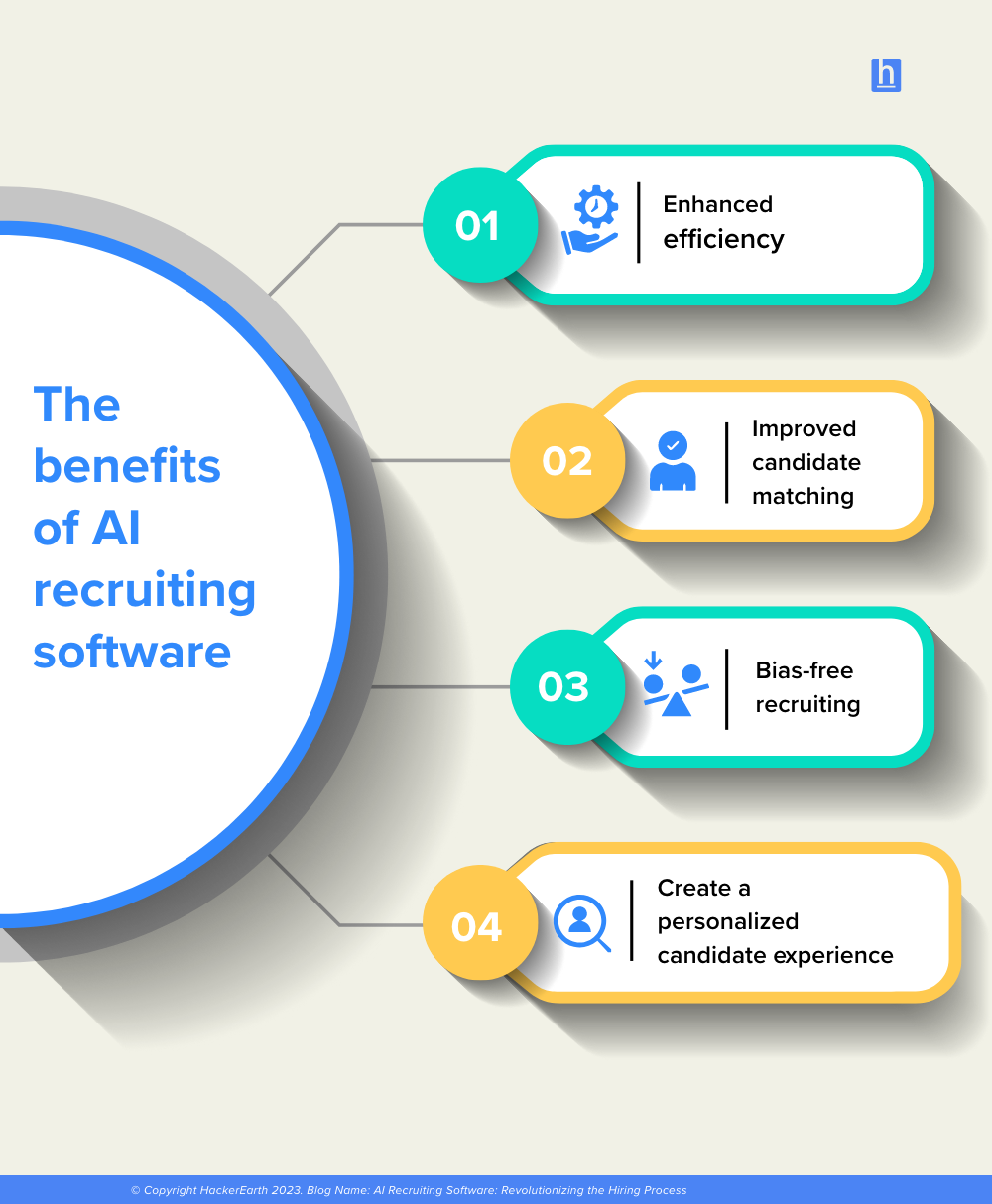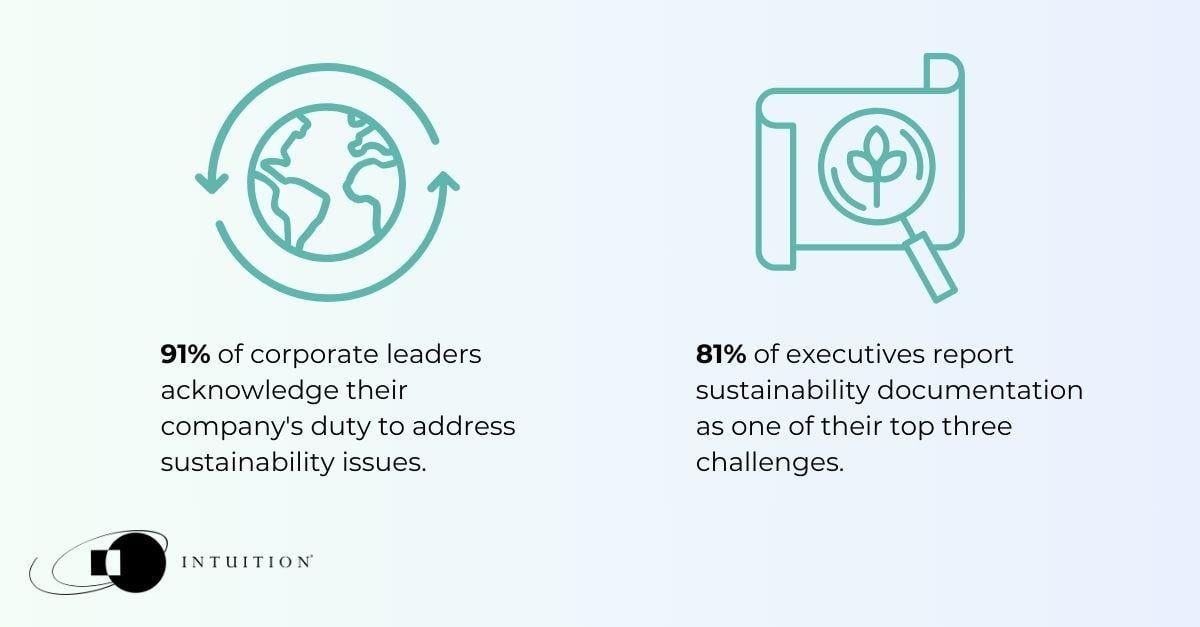Irish employees highly value flexibility in their working conditions and are in favor of remote or at least flexible options. Employers, however, may not be as enthusiastic but realize that flexibility is a requirement for retaining and attracting top talent. That is at least the sentiment gathered in our most recent survey on remote work in Ireland. As part of the latest edition of the Prosperity Recruitment Salary Survey we have conducted a big survey among candidates and managers with more than 900+ answers to find out what managers and candidates think about the ongoing debate around office vs remote working.

Working from anywhere, the promised land of remote work. Source image: Workable
In this blog post, we will explore the pros and cons of remote-first work compared to working in an office as viewed by companies and their employees according to their responses on the survey. As of today, this is the largest survey about remote work conducted in Ireland. It offers key insights about the state of the question that will help employees and managers to understand each other, or at least to know what are each other's thoughts about this.
The Rise of Remote Work
Remote work can lead to benefits such as increased productivity, improved work-life balance, and cost savings for both the employee and the employer.
Remote work has been on the rise for almost a decade, but the pandemic accelerated its adoption significantly. It has now become an integral part of working life, with many companies opting for a remote or hybrid model. While some may argue that remote work is not the best solution, it is becoming increasingly popular and is now more than even before likely to be codified into law both in Ireland, as well as globally.
Remote work before the Covid pandemic
Many people believe that remote work is a new concept that was introduced during the pandemic, but that is not entirely true.
Historically, people have mostly worked from offices throughout the 20th century, but with the advent of the internet and technologies that enable remote communication, the trend of remote work has been gaining momentum.
The advent of cloud computing, which allows for easy access and sharing of documents, files, and software, further enabled remote work. Now in 2023, the COVID-19 situation has forced many people to work remotely, but many are choosing to continue working remotely because of the comfort and flexibility it offers. Remote work is no longer a trend, but a well-established working arrangement.

Modern Tools for asynchronous remote work. Source: Retrostylegames
Benefits and disadvantages of remote-first working
Remote-first working has become an increasingly popular solution for many, and it's not hard to see why.
With the abundance of benefits, it offers (Stephen, 2022), it is no surprise that it has gained widespread popularity. However, as there is a limited amount of data on the topic of remote working in Ireland, at Prosperity we decided to conduct a survey with over 900 participants to gain a deeper understanding of how people feel about remote working conditions.
Advantages of remote-first working
The survey results were overwhelmingly positive for employees, with most participants stating that remote-first working conditions provide them with a better work-life balance, increased flexibility, and more control over their schedules. Furthermore, many reported feeling happier, more productive, and the ability to work from anywhere as additional advantages.
These results provide valuable insight into the benefits of remote-first working possibilities and indicate that it is a viable solution for many. Other perks of working from home include:
- Reduced costs: Remote-first working eliminates the need for a daily commute, saving employees time and money. It also reduces the cost of office space for companies.
- Wider talent pool: Remote-first working allows companies to attract and retain employees from anywhere in the world, expanding the talent pool.
Organizations such as Social Justice Ireland recognize the numerous benefits of remote working and are actively promoting initiatives to support its implementation. These initiatives, such as "Making Remote Work," aim to maximize the economic, social, and environmental advantages that remote work can provide (Social Justice Ireland, 2022).
Downsides of remote working:
Despite the many advantages of remote-first working, it also has its fair share of disadvantages that should be considered before adopting this working arrangement. The surveyed participants expressed the following ones as the most common:
- Lack of face-to-face interaction: Remote setting can make it difficult to read body language and facial expressions, leading to miscommunication.
- Isolation and loneliness: Working without an office can lead to feelings of isolation and loneliness, especially for extroverted individuals.
- Loss of motivation: Remote-first working can lead to a lack of motivation due to the lack of structure and accountability, and a lack of separation between work and personal life.
- Bad communication: Bad communication due to the lack of face-to-face interactions can lead to misunderstandings, delays, and difficulty in building trust among team members.
- Limited opportunities for professional development: Remote-first working may limit opportunities for employees to learn and grow through face-to-face interactions with colleagues and managers.
Based on the responses from our survey, it appears that there is a divided opinion when it comes to the benefits and drawbacks of remote and on-site working arrangements. To gain a clearer understanding of the preferences of the Irish workforce, we asked a follow-up question to our respondents - whether they would consider leaving their current company if they were required to return to an in-office setting on a full-time basis. The results were striking, with a significant majority of 81% indicating that they would indeed leave their current employer if this were to happen. This provides a clear indication that the Irish workforce prefers remote working arrangements over traditional in-office environments.
Visual results of one of the questions posed in the conducted survey.
Conclusion
In conclusion, flexibility in working conditions is a requirement for modern employees. Remote or flexible working options have been shown to lead to benefits such as increased productivity, improved work-life balance, and cost savings. However, it is also important to acknowledge the drawbacks, such as feelings of isolation and loss of motivation. Employers are starting to realize the benefits of remote-first, but it is important for them to take into account the drawbacks and implement strategies that address these issues. The future of work is likely to be a balance between remote and office-based options, with companies offering a mix of both to accommodate the needs of different employees and different roles.

Contact Prosperity
If you have any comments or feedback regarding the topic of remote vs office work, we at Prosperity would love to hear from you. Please feel free to reach out to us and start a conversation.
by Natalia Dercz





